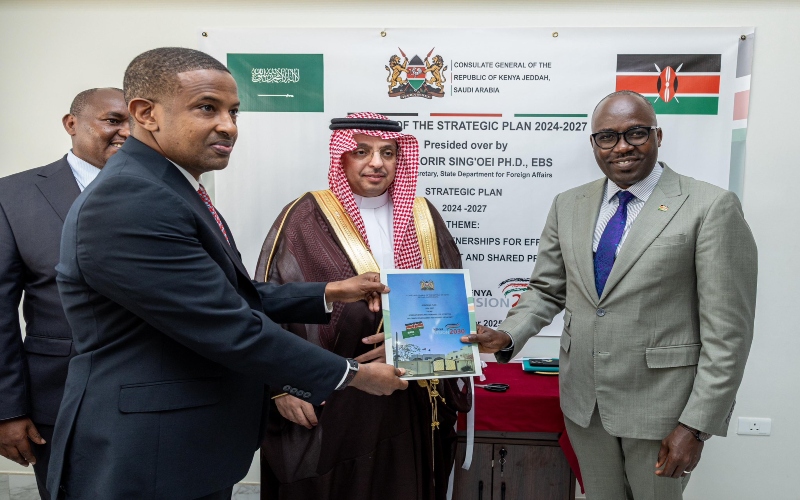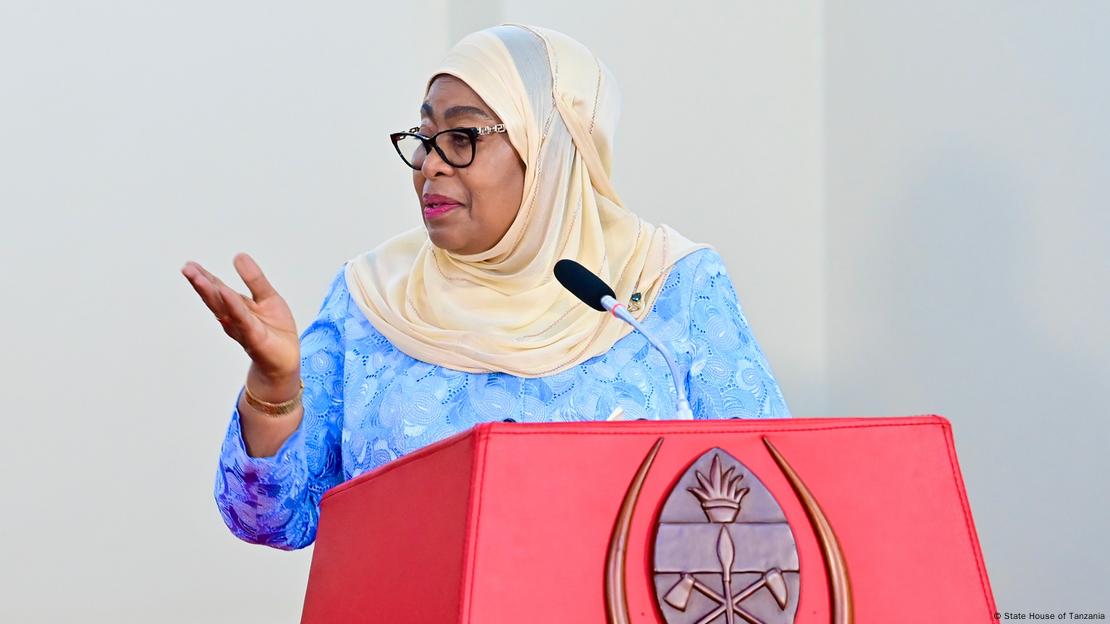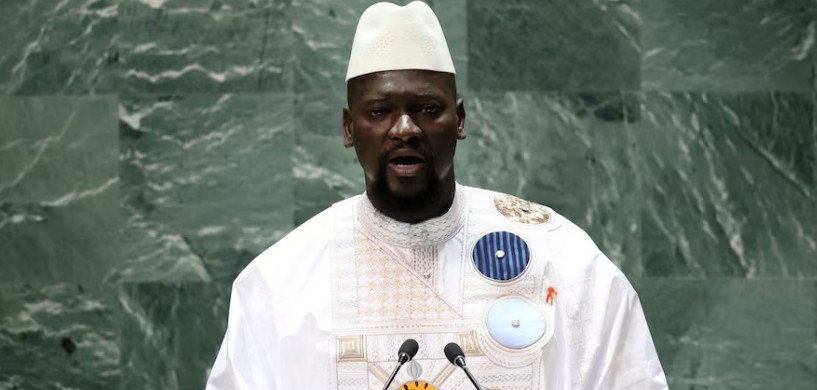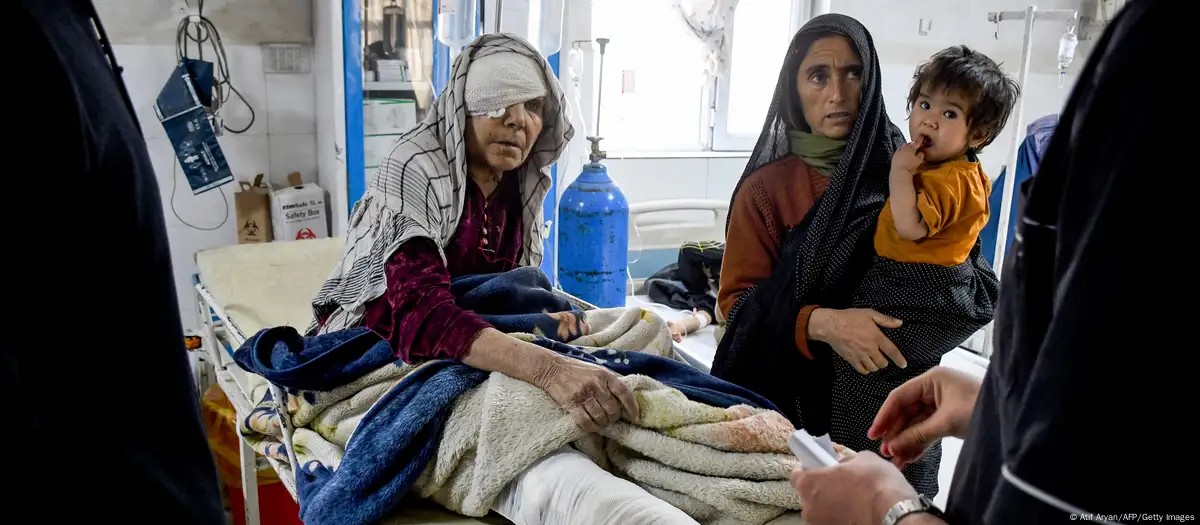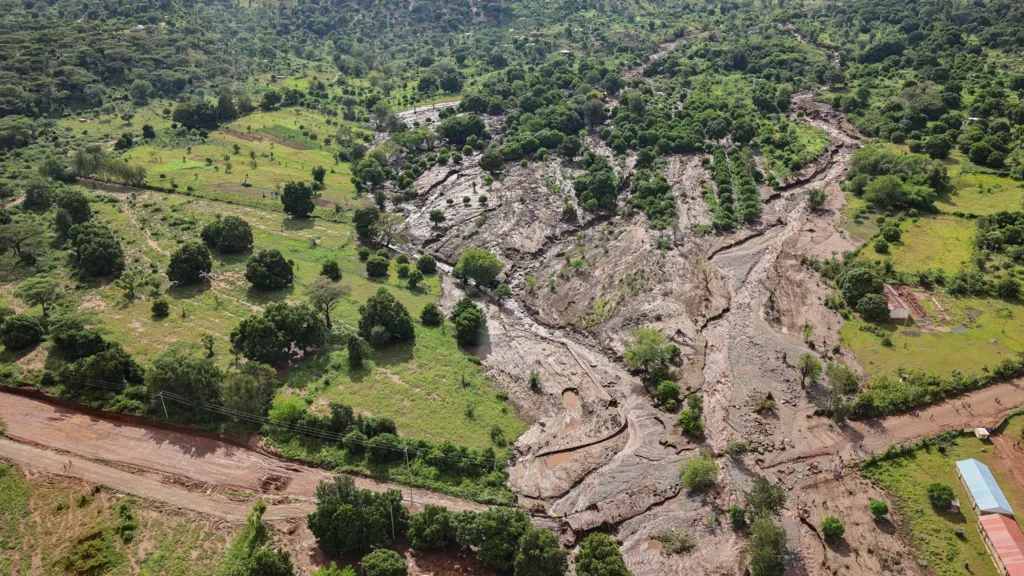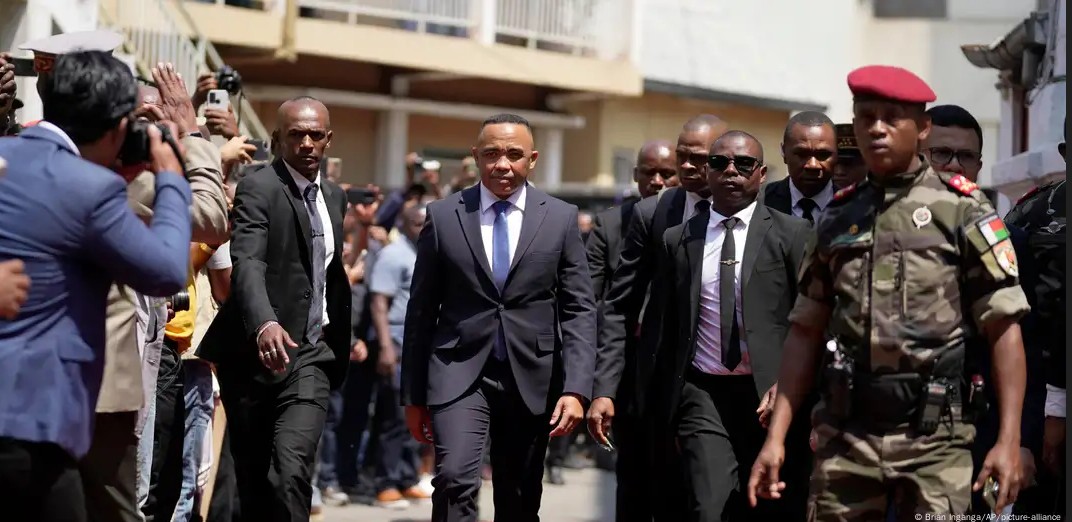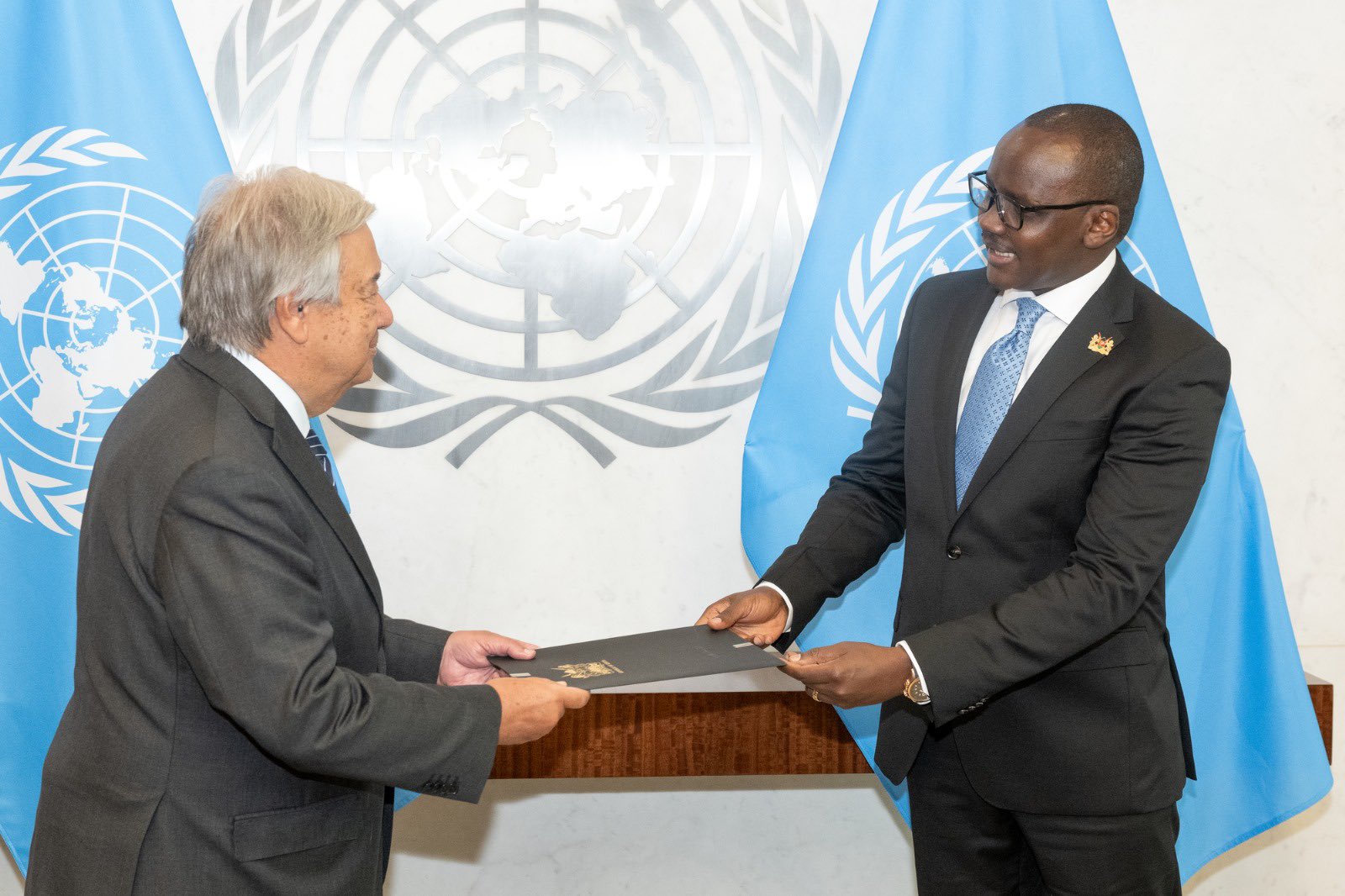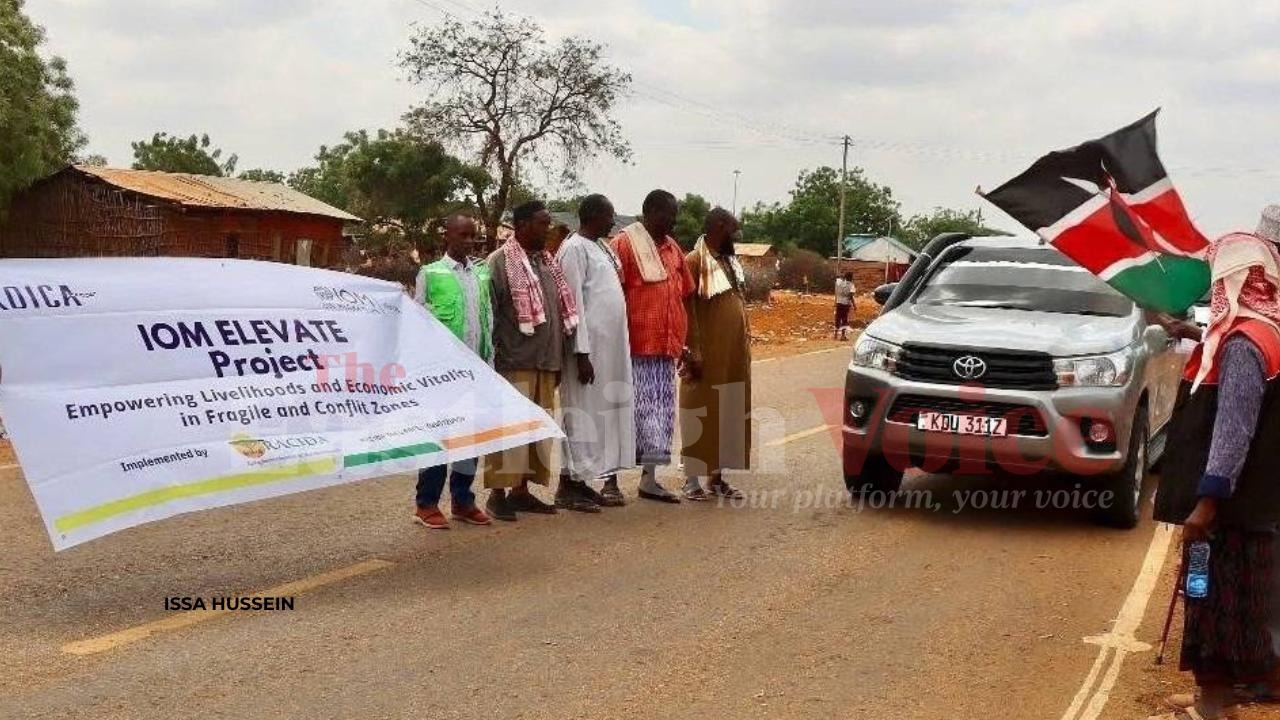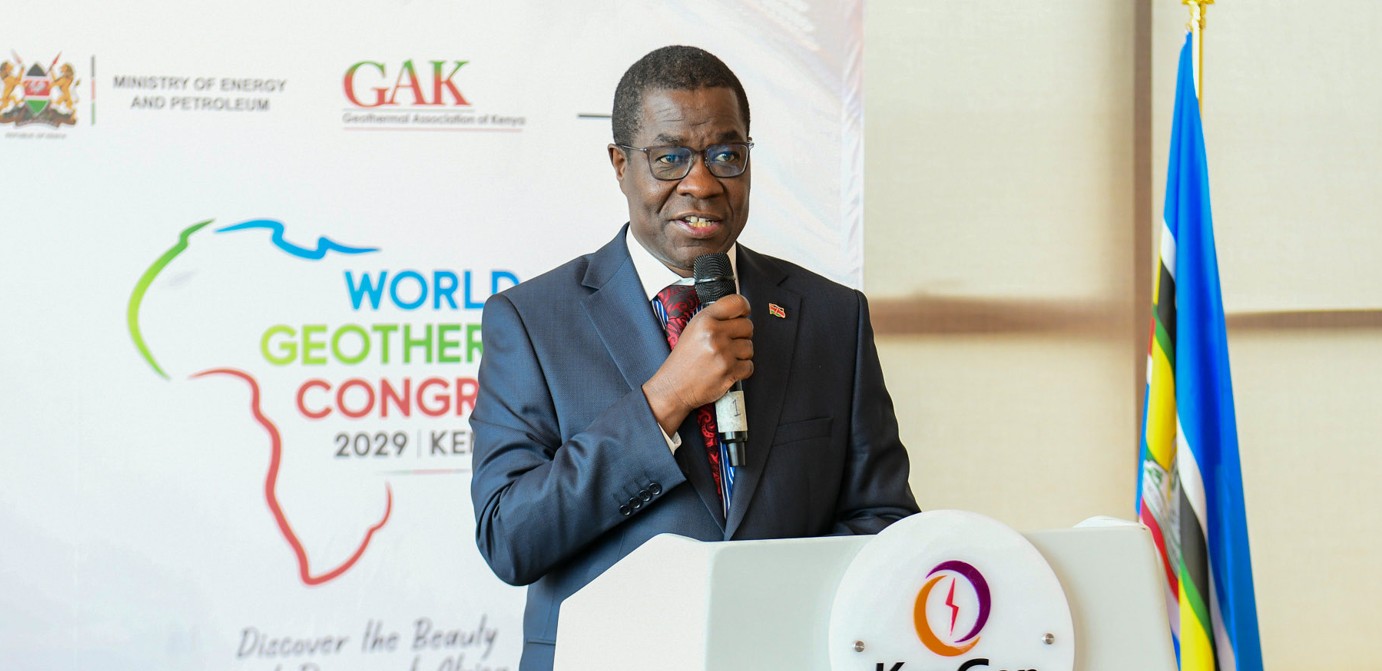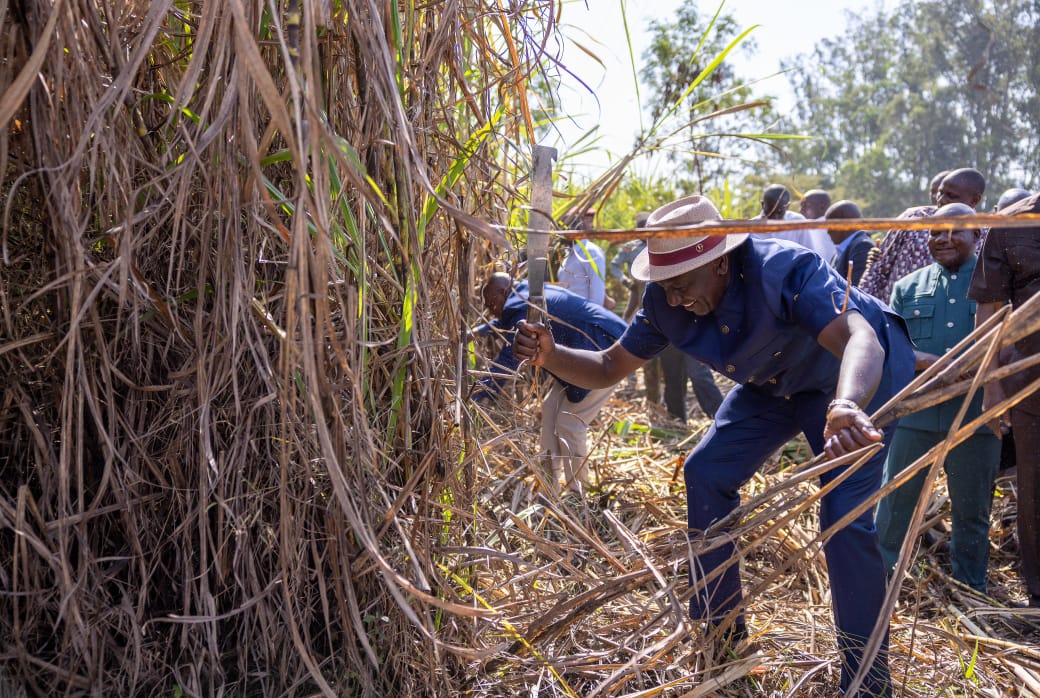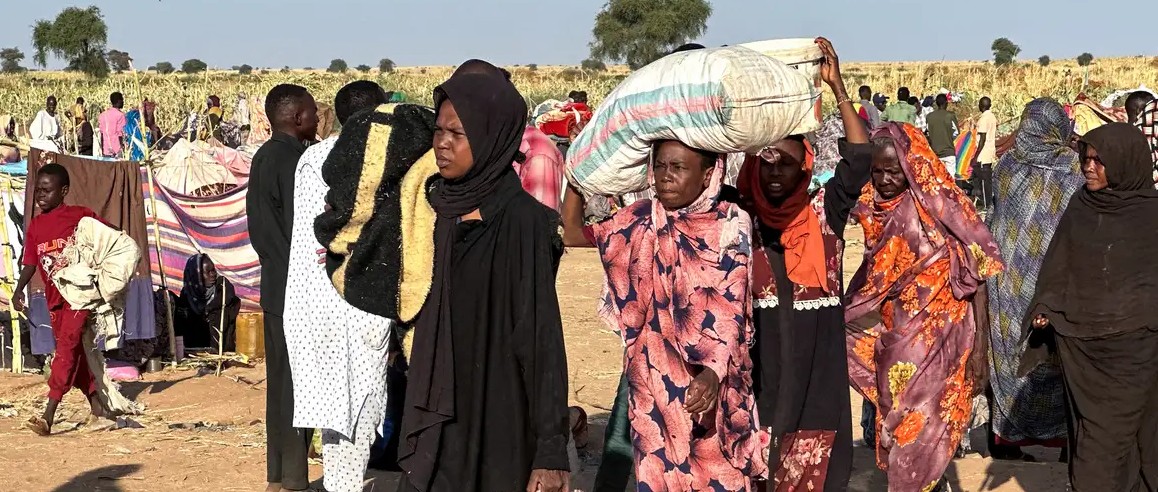UN calls for justice as attacks on journalists go unpunished amid growing AI-driven online abuse
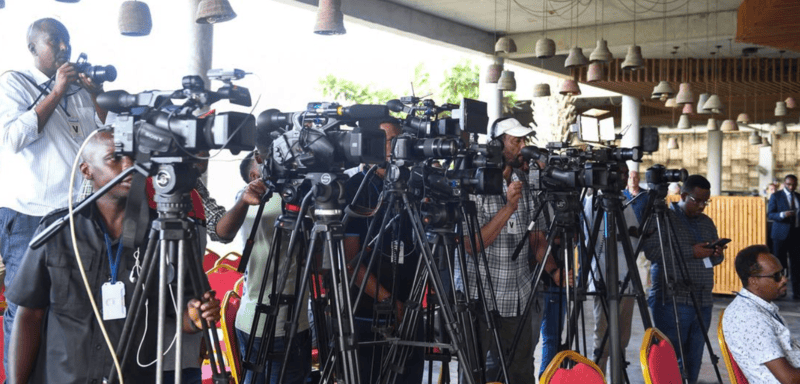
Human rights groups and media organisations have called for stronger protections, expressing concern over rising threats against reporters, particularly women, both online and offline.
Governments worldwide have been urged to investigate attacks on journalists and hold perpetrators accountable, amid warnings that nearly nine out of ten killings of media professionals remain unresolved.
As the world marks the International Day to End Impunity for Crimes Against Journalists, human rights groups and media organisations have called for stronger protections, expressing concern over rising threats against reporters, particularly women, both online and offline.
More To Read
- Fears grow over South Sudan commentator arrested in UAE for criticising President Kiir
- Raila Odinga: The politician who stood with the press
- 32 journalists killed since Sudan's civil war erupted in April 2023 - syndicate
- Media Council of Kenya proposes Sh1.5 billion AI system to tackle ethical violations
- DCI orders release of journalist Collins Kweyu from Central Police Station
- Global press freedom suffers sharpest decline in 50 years, report finds
Observed annually on November 2, the day highlights the urgent need to safeguard journalists and hold those who target them accountable.
In a statement on Sunday, UN Secretary General António Guterres called for justice, warning that Gaza has become the deadliest place for journalists in any conflict.
“On this International Day to End Impunity for Crimes Against Journalists, we demand justice. Worldwide, nearly nine out of ten journalist killings remain unresolved. Gaza has been the deadliest place for journalists in any conflict. I call once again for independent and impartial investigations,” he said.
He emphasised that impunity for attacks on journalists undermines press freedom, encourages further violence and threatens democracy. Guterres urged all governments to thoroughly investigate attacks, prosecute perpetrators and ensure that journalists can carry out their work safely and without fear.
“Impunity anywhere is not only an injustice to the victims and their families; it is an assault on press freedom, an invitation to further violence and a threat to democracy itself. All governments must investigate every case. Prosecute every perpetrator. And ensure that journalists can do their jobs freely everywhere,” he said.
The UN Chief also drew attention to the growing threat of online abuse targeting women journalists. He warned that such harassment often goes unpunished and can escalate into real-world harm, emphasising the urgent need for safer digital environments for media professionals.
“We must also confront the alarming rise in online abuse targeting women journalists, which goes largely unpunished and leads frequently to real-world harm. Digital spaces must be made safe for those who gather and report the news. When journalists are silenced, we all lose our voice. Let us stand together to defend press freedom, demand accountability and ensure those who speak truth to power can do so without fear,” he said.
The Kenya Editors Guild reaffirmed its commitment to press freedom and the protection of journalists both online and offline. Under the theme Chat GBV: Raising Awareness on AI-facilitated Gender Based Violence against Women Journalists, the guild emphasised that technology-facilitated gender-based violence is forcing women and girls in media to self-censor, effectively silencing their voices and undermining democratic processes.
The Media Freedom Coalition called for stronger safeguards for media workers, particularly women.
“We also call to attention the need to continue to progress gender equality within the media landscape and to break barriers that perpetuate discrimination and violence, and express our concern over growing threats of online violence disproportionately targeting female journalists and media workers,” the coalition said.
It welcomed Bangladesh’s commitment to media reform and the implementation of the Media Reform Commission’s recommendations, urging all actors to uphold accountability and end impunity for crimes against journalists.
According to a UNESCO report, nearly 75 per cent of women journalists have experienced online abuse, with one in four facing threats of physical harm or death.
The agency’s research shows that online harassment often escalates into real-world violence, with incidents documented in countries such as Zimbabwe and Ukraine.
Other Topics To Read
- World
- Press freedom
- World Press Freedom Day
- Harassment journalists
- protests journalists
- Committee for the Protection of Journalists
- Press freedom violations
- International Day to End Impunity for Crimes Against Journalists
- UN calls for justice as attacks on journalists go unpunished amid growing AI-driven online abuse
- Headlines
In Zimbabwe, 63 per cent of women journalists reported facing technology-facilitated gender-based violence, including hate speech and image-based abuse.
In Ukraine, 81 per cent of women journalists experienced online harassment, defamation, gendered trolling and threats to family members.
“When an AI-generated deepfake of a woman journalist goes viral, it’s not just her image that is attacked, it is her credibility, safety, and voice,” the agency said.
UNESCO’s 2025 campaign on AI-facilitated gender-based violence aims to strengthen dialogue, advocacy and policy reforms to ensure safer digital and physical spaces for women journalists. The initiative highlights the urgent need to address the ways generative AI is being misused to undermine the credibility, safety and voices of female media professionals.
“As AI reshapes our information landscape, ensuring the safety of women journalists is essential to defending freedom of expression for all. Let’s press unmute on women’s voices,” the agency said.
Top Stories Today
